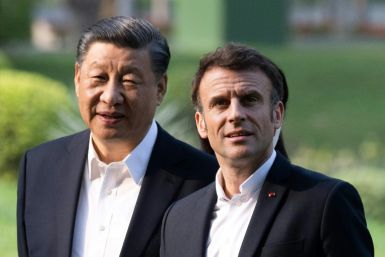Australia Marches to 5th Straight Month of Trade Surplus Due to Mining Boom
Australia's growing economic relationship with Asian markets, specifically with China and India, fuelled the country's fifth trade surplus in July, which economists described as a steady but mostly insignificant movement.
The latest figures issued by the Australian Bureau of Statistics Monday also showed that the country's balance on goods and services reached a seasonally adjusted surplus of $1.826 billion in the month.
The figures improved from the downwardly revised surplus of $1.817 billion realised in June but fell short from the $1.9 billion earlier projected by market analysts as economists noted that Australia's mining boom now serves as a flickering light in a largely gloomy global economic environment.
The new ABS data also showed that both of the country's export and import numbers dipped by at least a notch, with the former retreating in adjusted terms.
The general economic mood is somber, according to JP Morgan economist Ben Jarman, who told the Australian Associated Press (AAP) that trade surpluses accumulated since last year cushioned the impacts of restiveness being felt from the United States, Europe and Asia.
"In the broader context of the Asian region having a slowdown, it is a pretty positive result," if not a steady result, Jarman was quoted by AAP as saying.
"We've got this long run story of pretty solid demand for iron ore and coal coming out of the emerging economies and that is happening against a nice price premium," the JP Morgan analyst added.
CommSec chief economist Craig James, however, was far from impressed with the latest Australian trade postings, which he called as "very unspectacular."
"The bottom line is Australia is still paying its way in the world and our exports are more than meeting our imports ... and there were no great surprises, perhaps a little bit weaker than what we were expecting, there is a margin for error in terms of the monthly figures," James told AAP.
He added that the trade figures only asserted Australia's close affinity with Asia's economic activities that he noted are "doing well and requiring our raw materials."
Overall, James said that the new trade figures highlighted a growing economy and a solid financial sector for Australia yet the impressive numbers do not necessarily appear in the trading atmosphere currently prevailing in the local share market.
"What it should highlight to investors across the globe is it doesn't make sense for the Australian share market to be religiously following developments in Europe and the United States," James stressed.






